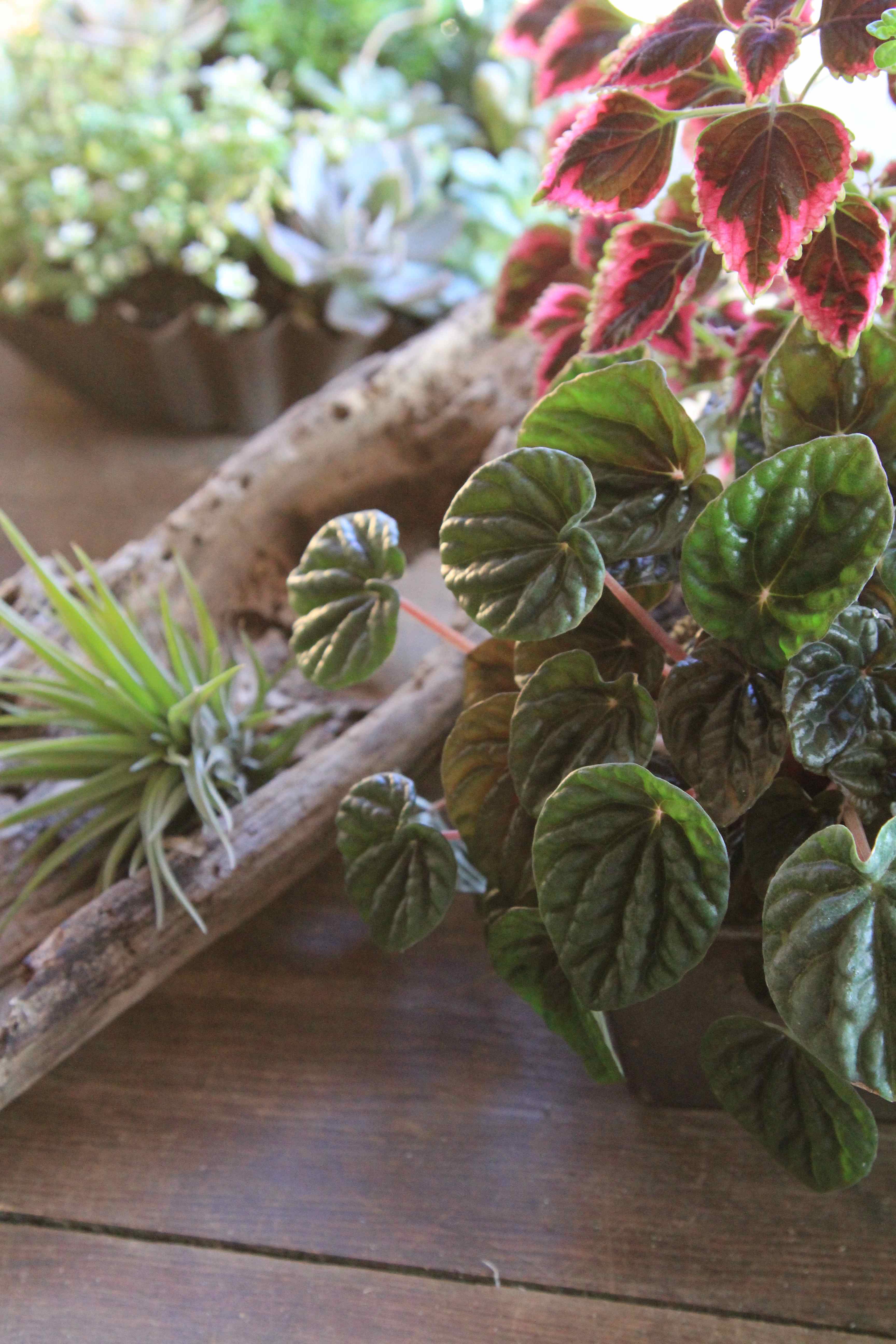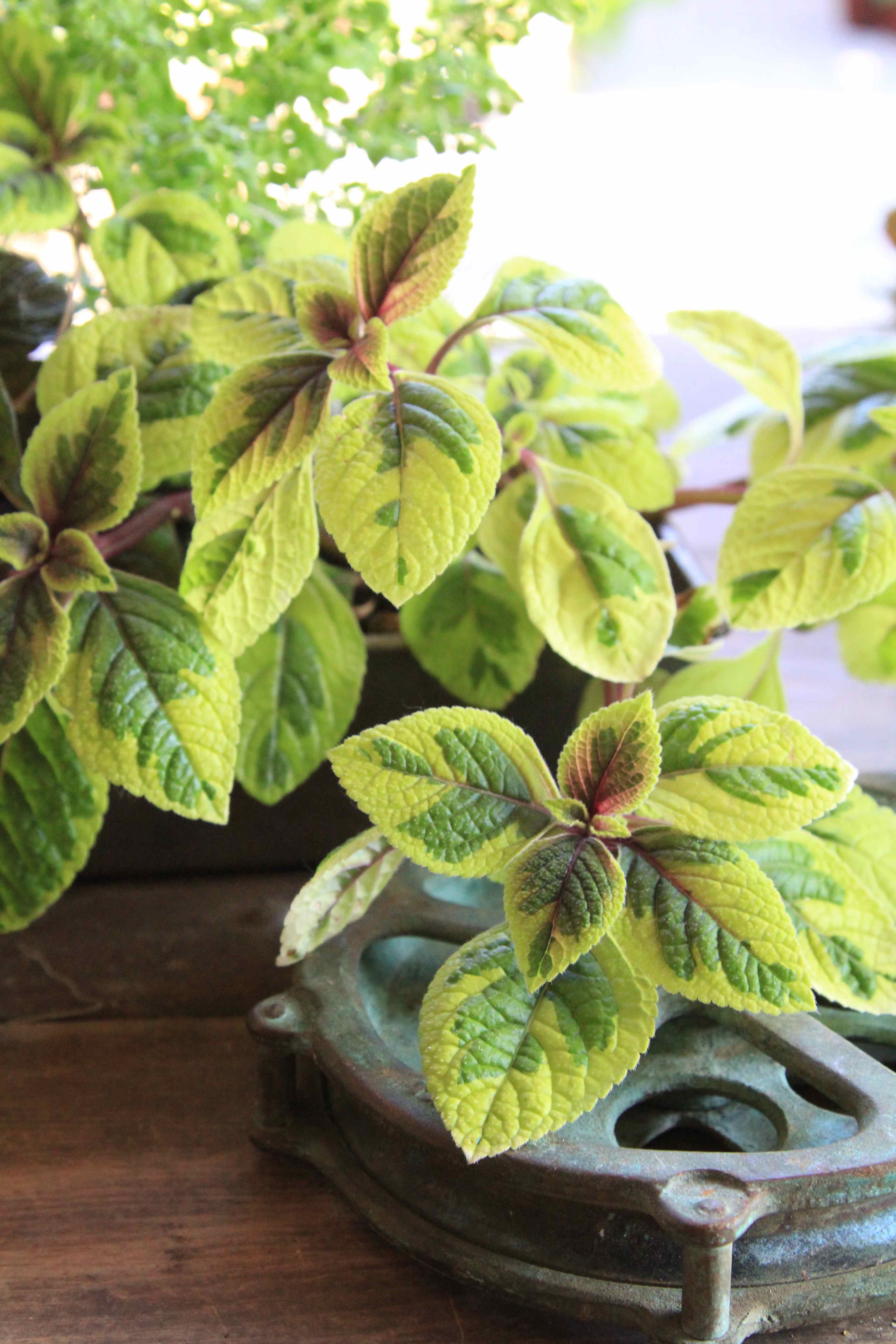Winter frosts are here
As night time temperatures and dropping and our gardens are going to sleep for the winter we find ourselves much less interested in working outside in the cold. But you can still get your gardening fix inside!
Here are a few tips on keeping healthy houseplants:
Light:
Light needs vary from plant to plant so choose the right plant for the right spot in your home. The majority of houseplants are tropical varieties that will prefer to be within about 3 feet from a window in order to get enough light. A great rule of thumb is that if you can comfortably read in the spot there is most likely enough light for your average plant.
Water:
Water needs can also vary so while one plant may need water twice a week another plant might prefer water twice a month. Most plants are going to benefit from drying a bit in between waterings. Just feel the soil to test wether it is time to water again. After a while you will get a sense of how often to water each plant.
Remember that during the winter months houseplants are not growing as actively so will not need as much water. You can expect to cut your watering in half.
Fertilizer:
Potted plants are always going to need a bit more fertilizer than one planted in the ground. Choose a good organic brand and be sure not to overdo it. Even when you apply the correct amount of fertilizers salts and chemicals can build up in the soil and cause damage. It’s a good idea to give your plant a shower once a year. Set your plants in the shower. Set the temperature to luke warm. Let the water completely fill the container to overflowing and then let it drain, flushing all the buildup with it.
Pests:
There are many common pests attracted to houseplants. Often the best way to deal with insects is to simply wash them off under the kitchen faucet. If this isn’t effective try one teaspoon of biodegradable dish soap in a quart spray bottle and mist over the affected areas, you may need to repeat once a week for a month or so. If those pesky pests are still a nuisance try Neem oil or another horticultural oil. Pesticides should always be your very last resort especially since it’s your home environment that you will be using them in.

